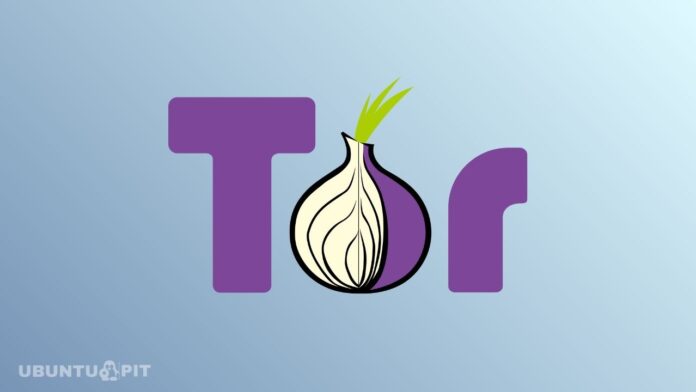The Tor Project has announced the release of Tor Browser 15.0, its first stable version built on Firefox ESR 140. The update incorporates a full year of upstream browser changes while maintaining Tor’s core commitment to anonymity, privacy, and censorship resistance.
Developers completed their annual ESR transition audit as part of the release, reviewing around two hundred Bugzilla issues for security and compatibility impacts. The detailed reports are available in the tor-browser-spec repository on Tor’s GitLab instance.
A More Organized Desktop Experience
Tor Browser 15.0 introduces a major usability shift for desktop users with the addition of vertical tabs. This feature lets users manage open and pinned tabs in a sidebar rather than the top of the window, offering a more structured workspace for multitasking.
The update also brings tab groups, allowing users to organize tabs into collapsible, color-coded sets. Firefox’s refreshed unified search button has been integrated as well, enabling quick switching between search engines, bookmarks, and open tabs directly from the address bar.
Despite these interface changes, Tor Browser maintains its privacy-by-design approach: all tabs remain private and are cleared when the browser is closed.
Android Adds Screen Lock for Browsing Privacy
On Android, Tor Browser 15.0 introduces a screen lock feature that adds an additional layer of local privacy. When enabled, the browser automatically locks all open tabs when the user switches away from the app. Returning to the browser requires unlocking with a fingerprint, facial recognition, or passcode.
The feature ensures that browsing sessions stay protected even if the device is briefly accessed by another person, complementing Tor’s existing data-clearing behavior when the app closes.
Dropping Legacy Support for Android and Linux x86
Tor Browser 15.0 is the final release that supports x86 architectures on Linux and Android, as well as Android 5.0, 6.0, and 7.0. Starting with Tor Browser 16.0, scheduled for mid-2026, the minimum supported Android version will rise to 8.0.
The Tor Project says these deprecations are necessary to maintain long-term stability and security. Supporting older systems and 32-bit architectures has increasingly limited development flexibility, particularly on Android, where Google Play’s 100 MB app size restriction complicates packaging for x86.
WebAssembly Management Transferred to NoScript
A key structural change in this release is the revised handling of WebAssembly (Wasm). Previously disabled globally through configuration, Wasm control now resides with NoScript, Tor’s built-in security extension.
This change allows Wasm to function internally for trusted browser components such as the PDF reader, while still being blocked on untrusted websites when using “Safer” or “Safest” security levels. Users who manually disabled Wasm will now see their configuration marked as “Custom.”
The Tor Project advises against manual configuration edits in about:config, warning that such deviations can create unique browser fingerprints and weaken anonymity.
Known Issues and Fixes
The team notes several known issues in this release. On desktop, users enabling vertical tabs may see the browser window resize during startup and slight inconsistencies in Letterboxing. On Android, some users on older versions may experience web pages failing to load after updating; clearing the app cache in system settings resolves the problem.
Updated Components and Build Improvements
Tor Browser 15.0 integrates Firefox ESR 140.4.0, NoScript 13.2.2, and Lyrebird 0.6.2, while removing unnecessary AI and machine learning modules. HEVC playback support has been disabled to simplify media handling and reduce potential fingerprinting risks.
The Linux version introduces Noto Color Emoji as the default emoji font and improves rendering for CJK characters through updated font handling. On Android, the integrated GeckoView 140.4.0 ESR delivers improved stability and performance, with analytics identifiers and tracking hooks fully removed.
The build system has also been modernized, adopting Go 1.24.9 and refining its continuous integration, signing, and reproducibility processes for all supported platforms.
Full release details, technical changelogs, and download links are available on the official Tor Project website.

